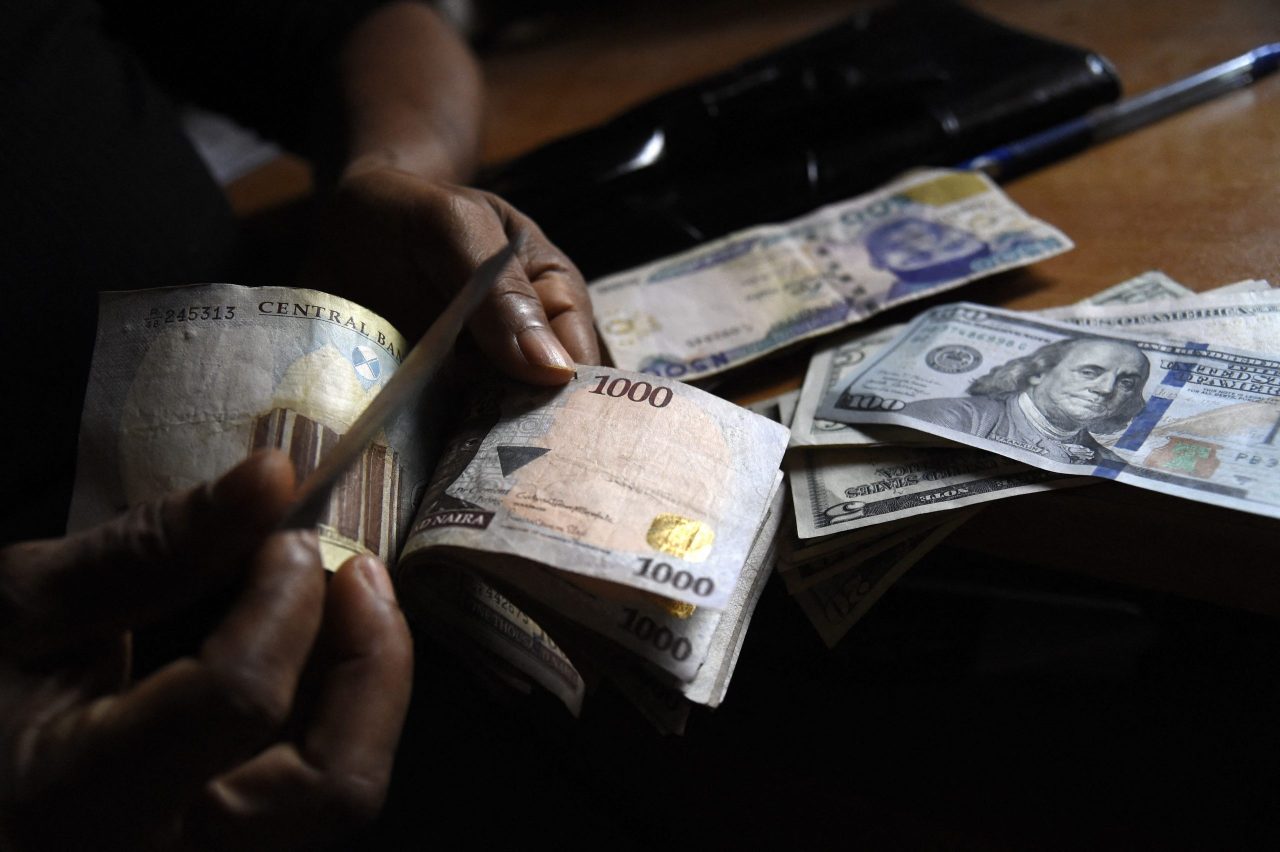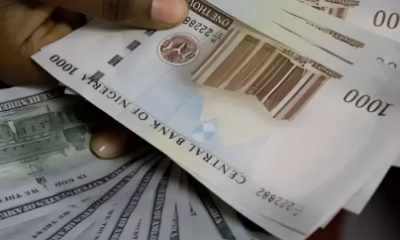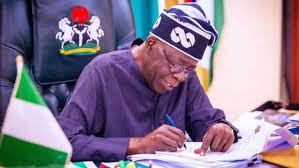The Naira experienced a decline against the US Dollar in the official market, concluding the week at N1,665.50/$1, amid sustained demand pressures that continued to exert downward pressure on the currency’s value.
This decrease in the exchange rate coincided with a notable downturn in forex turnover, which plummeted by 21% to $151.93 million.
Additionally, the situation was exacerbated by a significant surge in inflation, as reported by the National Bureau of Statistics (NBS) for January 2024.
The inflation rate rose to 29.90%, marking a substantial increase from the 28.92% recorded in the previous month.
This data reflects a noteworthy uptick in the headline inflation rate for January 2024, with 0.98% points increase compared to December 2023 figures.
According to data from the NAFEM (Nigeria Autonomous Foreign Exchange Market), where forex is officially traded, the domestic currency depreciated by 5.66% at the end of the week, closing at N1,665.50 to a dollar at the close of business.Top of Form
This represents an N94.19 loss or a 2.58% decrease in the local currency compared to the N1,571.31 closed on Thursday.
READ ALSO: Naira inches closer to N2000/ €1 at parallel market
The intraday high rose at the peak of N1805/$1, while the intraday low was N1301/$1, representing a wide spread of N504/$1.
According to data obtained from the official NAFEM window, forex turnover at the close of the trading was $151.93 million, representing a 21% decrease compared to the previous day.
However, the naira appreciated at the parallel forex market where forex is sold unofficially, the exchange rate quoted at N1,750/$1, an increase of 7.43% against N1,880 it closed the previous day,
Meanwhile, the Great British Pound (GBP) remained flat at £1/N2260, same as was recorded the previous day.
Additionally, the Naira against the Euro traded flat, closing at N1960/EUR1 compared to N1960/EUR1 also reported the previous day.
In the cryptocurrency market where forex is sold using stablecoins, the Naira also settled at N1,708.40/$1.
Market analysts attributed the current state of Naira to a consistent uptick in the demand for dollars that has persisted.

 Entertainment6 days ago
Entertainment6 days ago
 Health1 week ago
Health1 week ago
 Health4 days ago
Health4 days ago
 Football1 week ago
Football1 week ago
 Football1 week ago
Football1 week ago
 Crime4 days ago
Crime4 days ago
 Education6 days ago
Education6 days ago
 Crime1 week ago
Crime1 week ago













